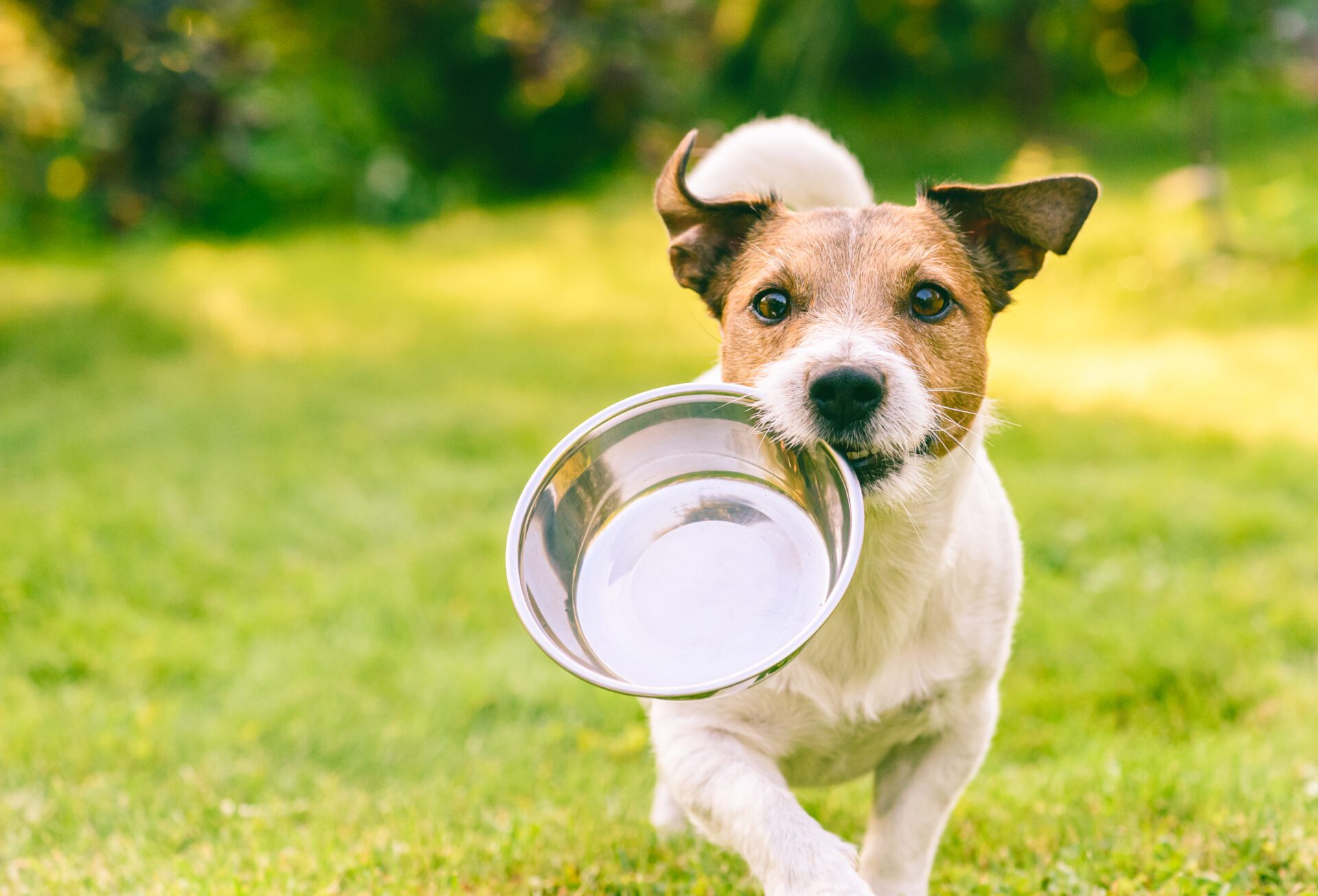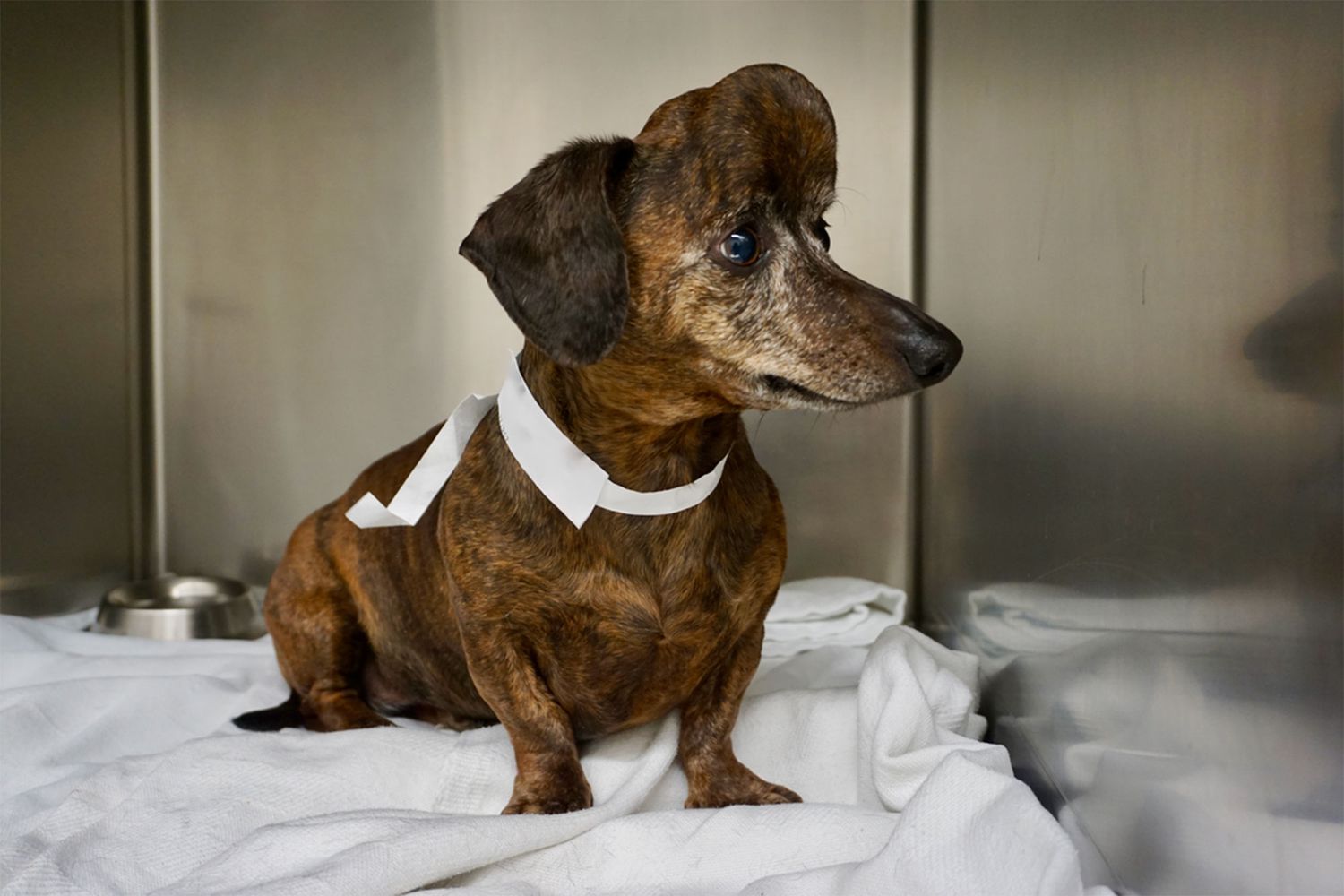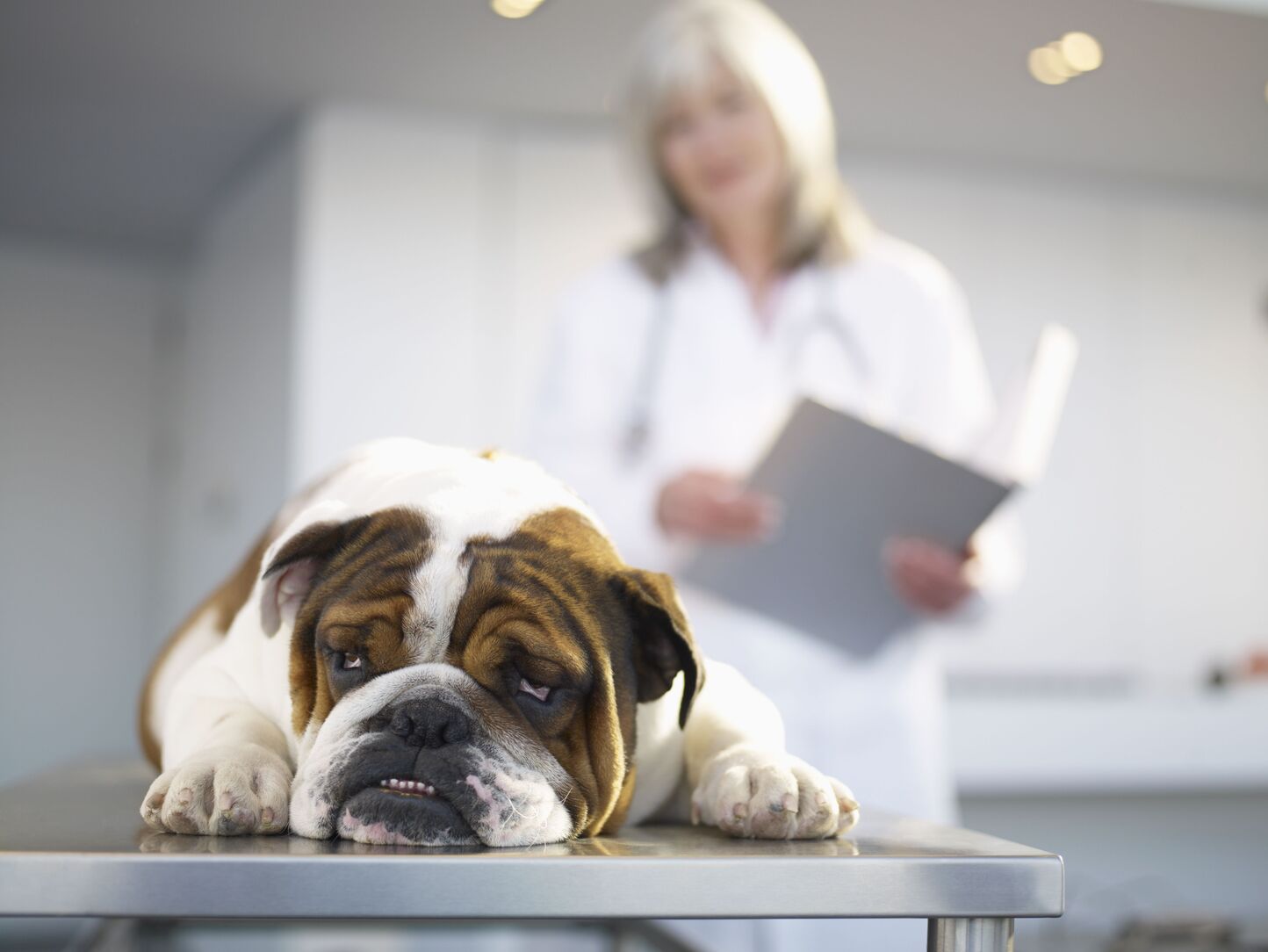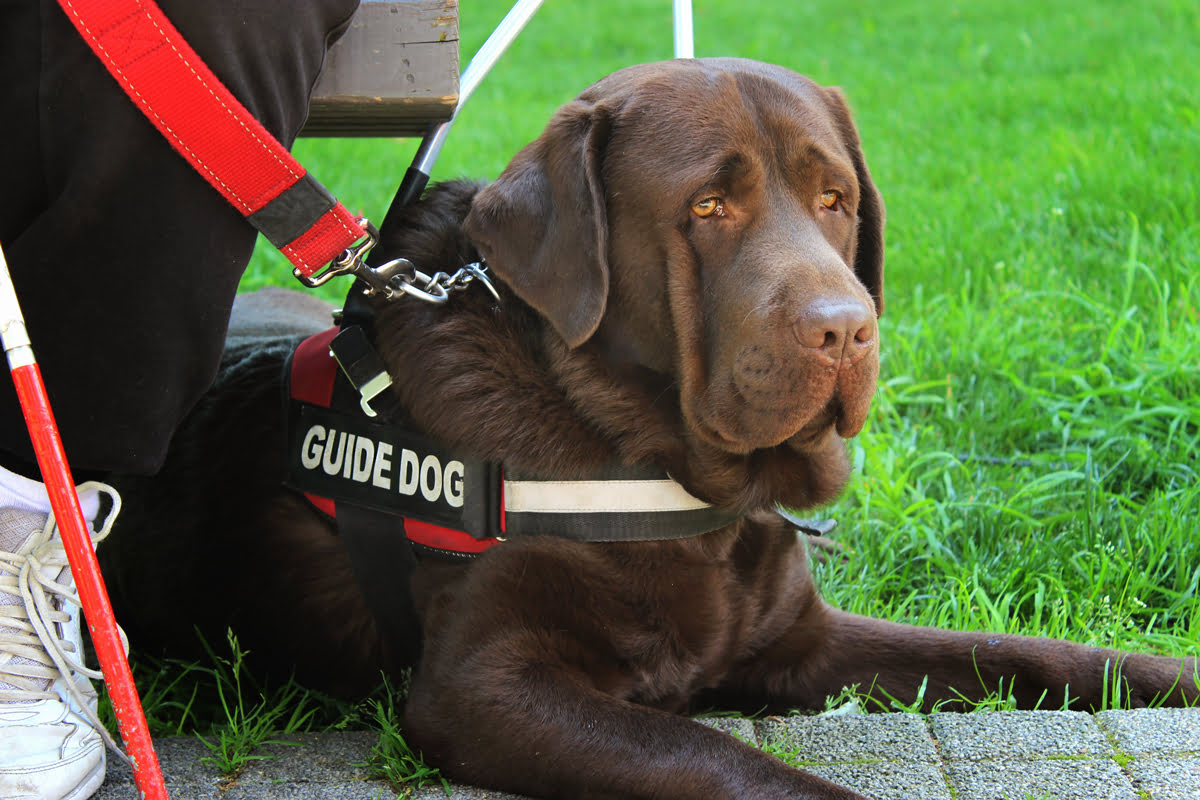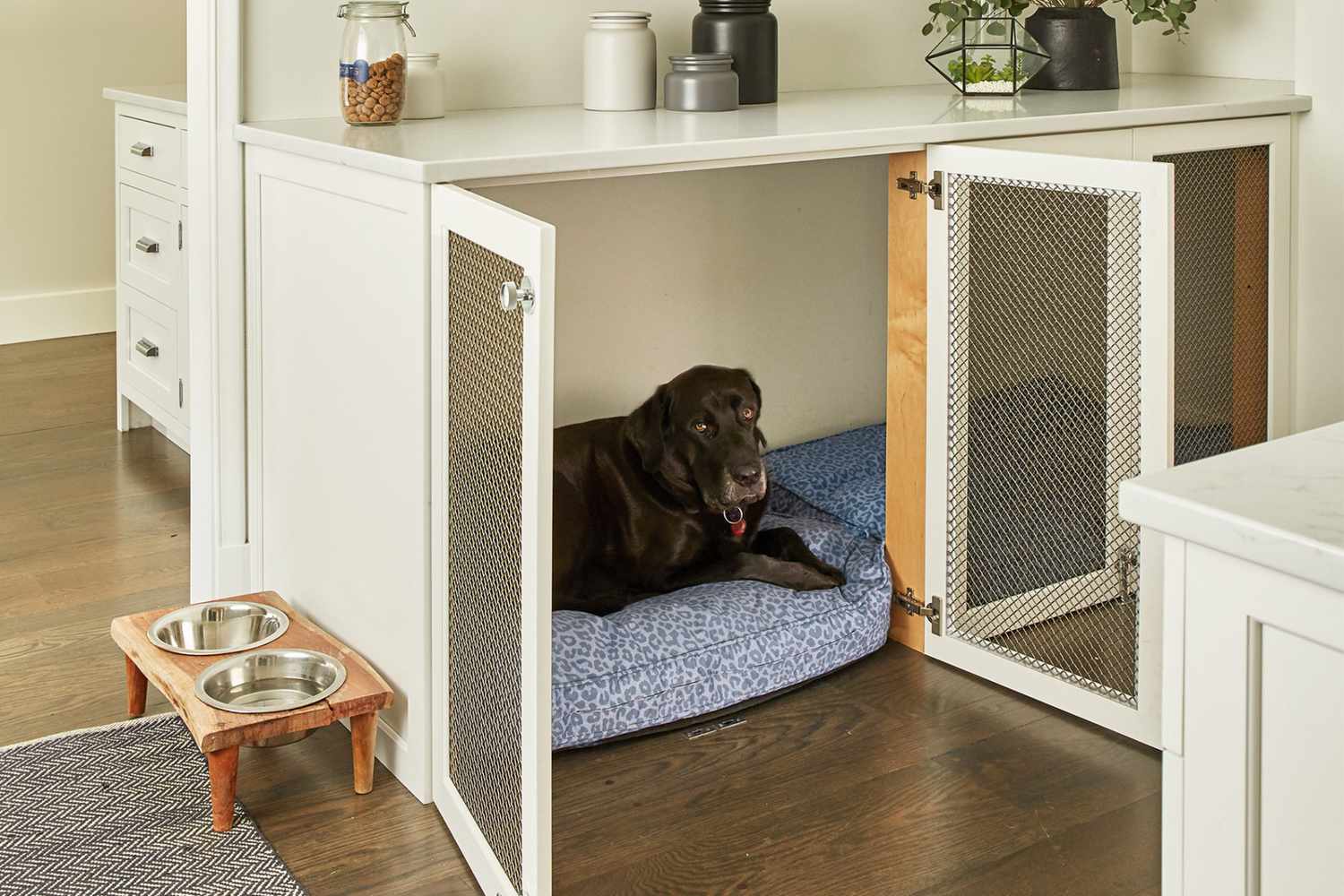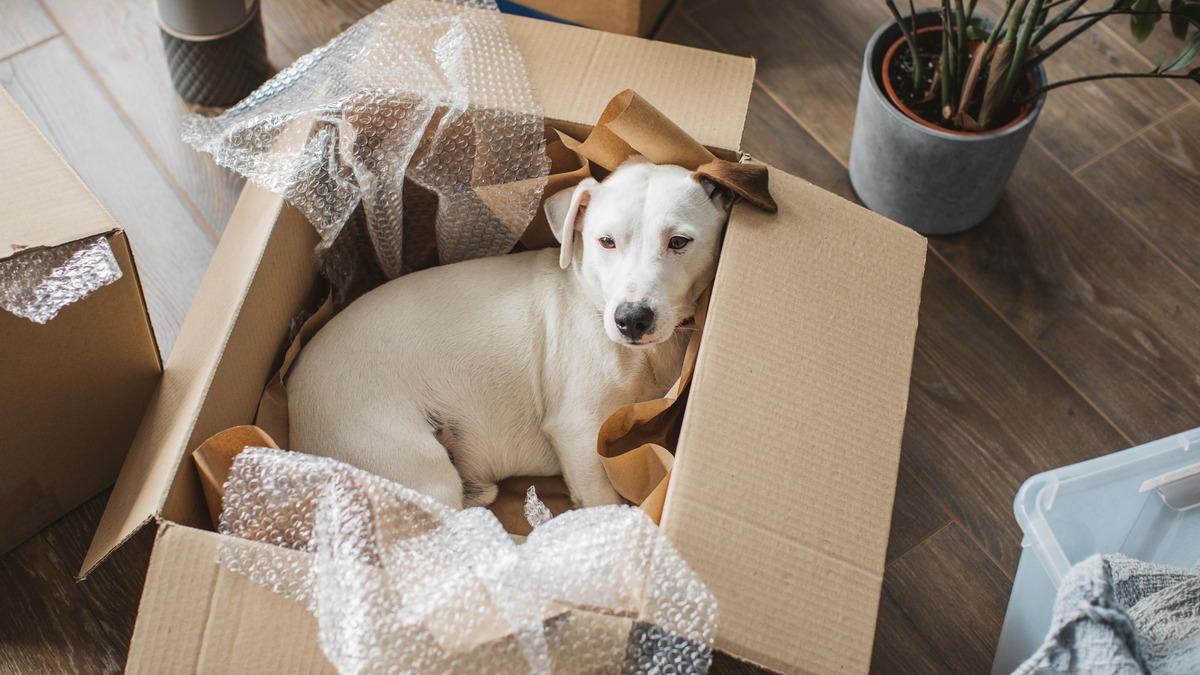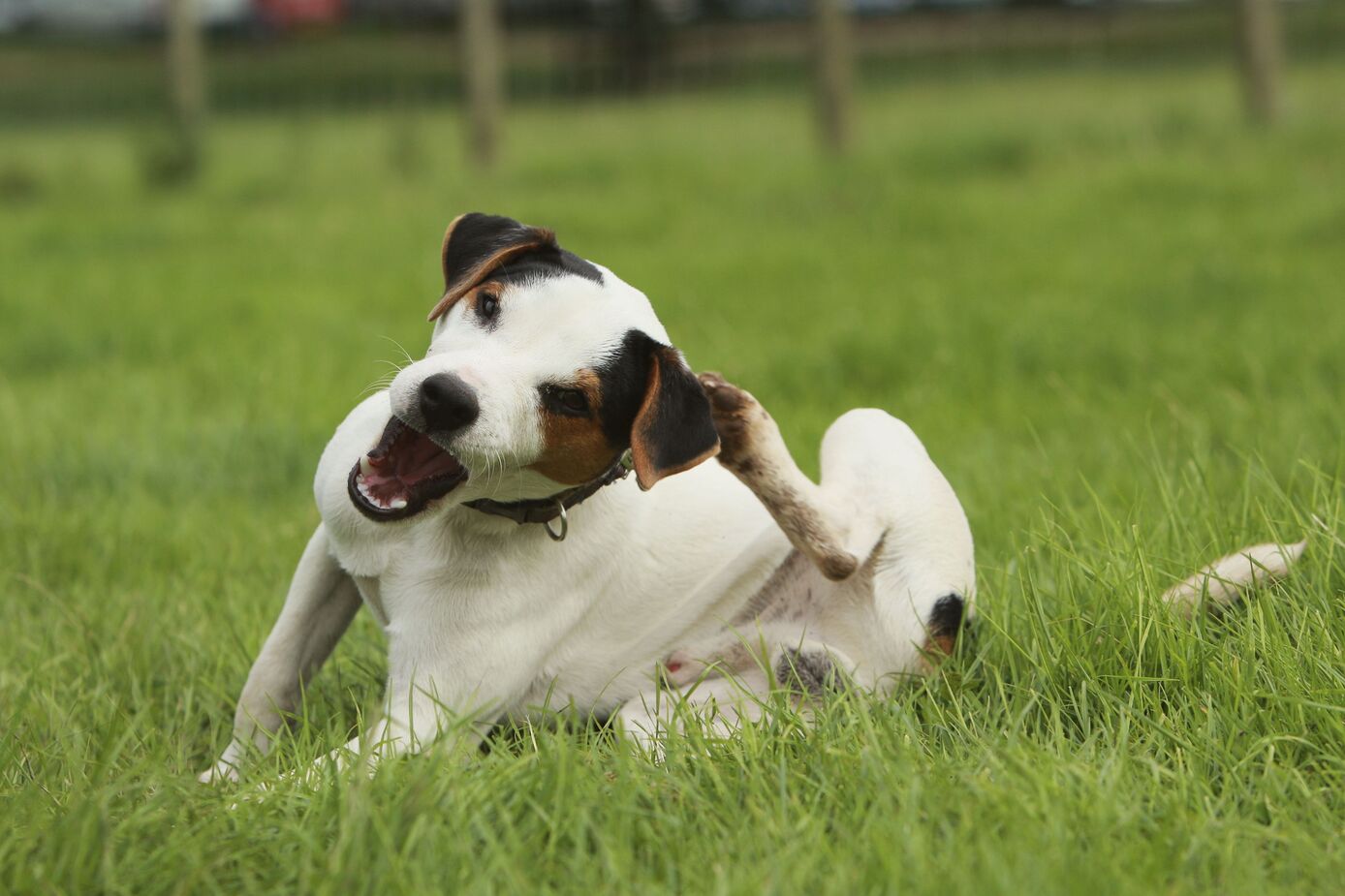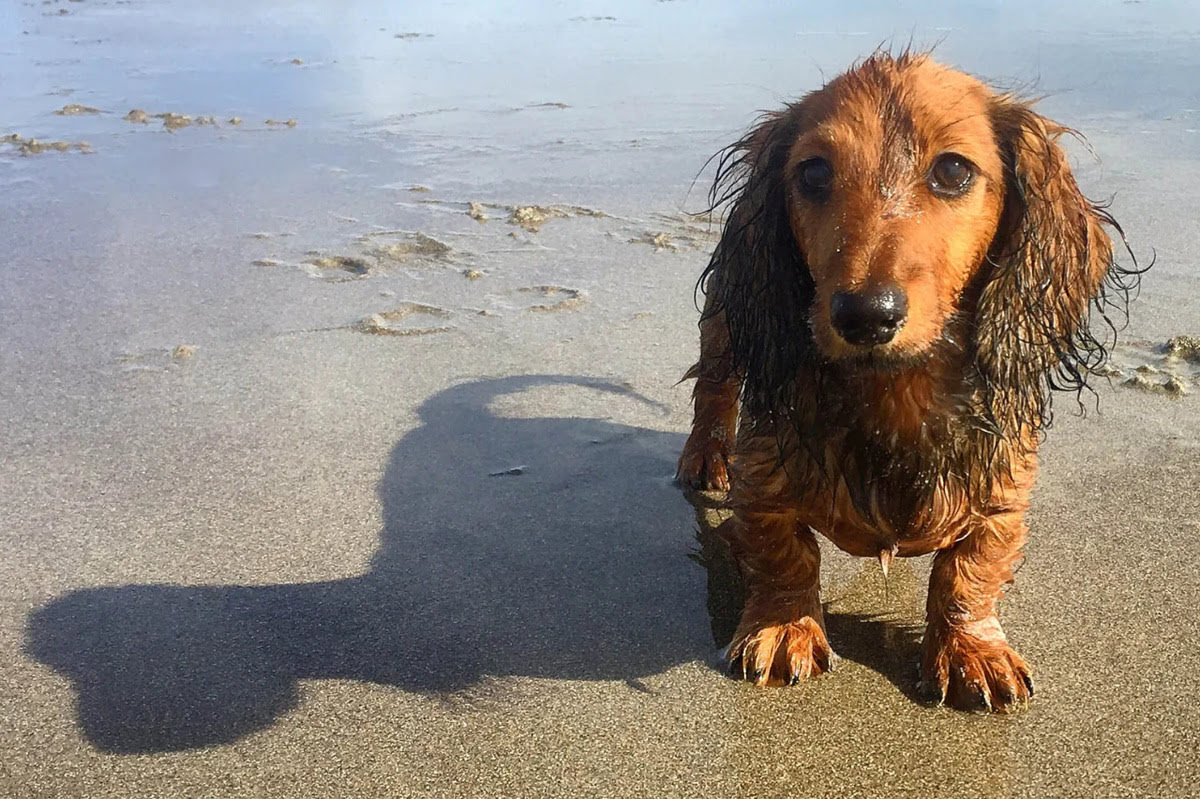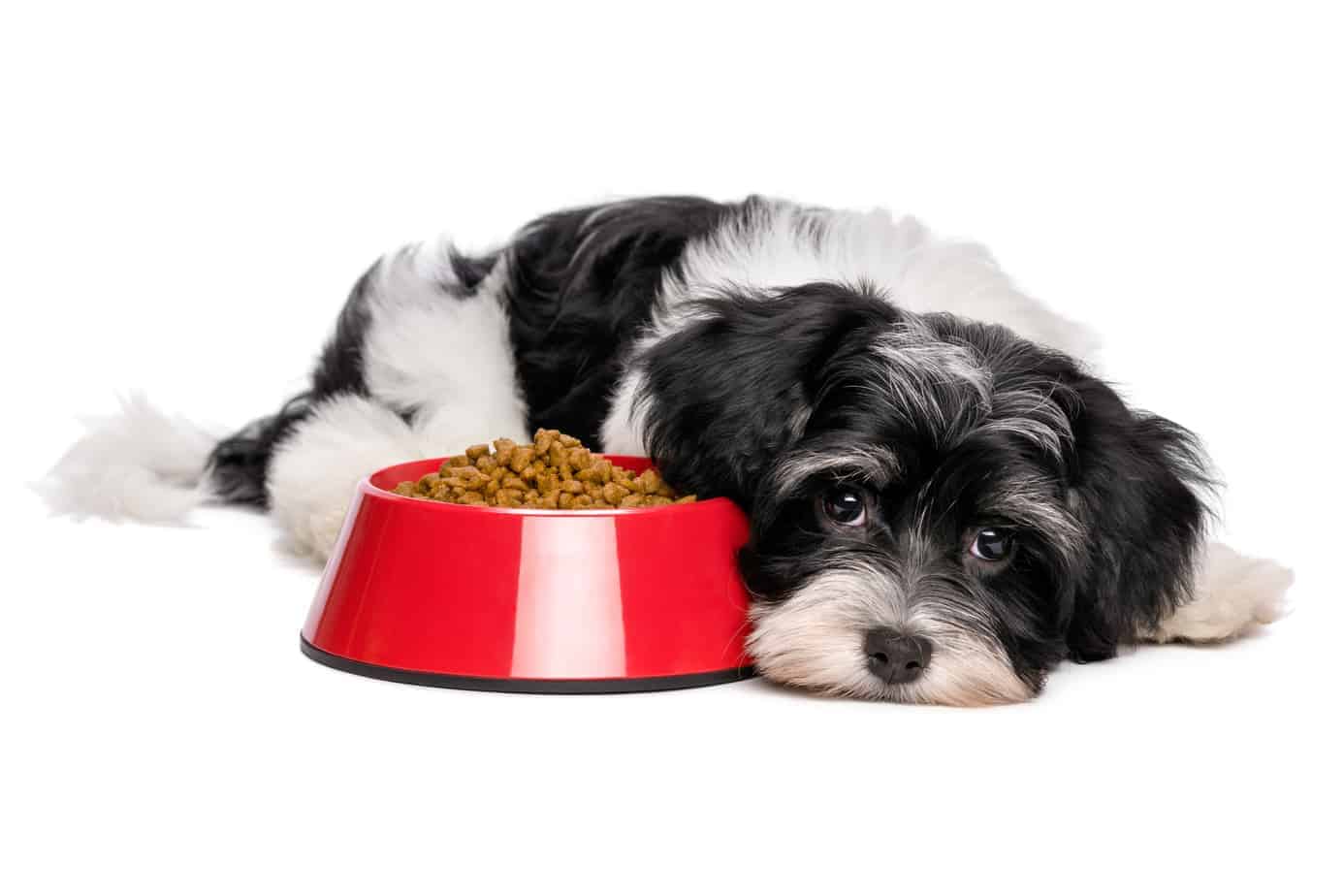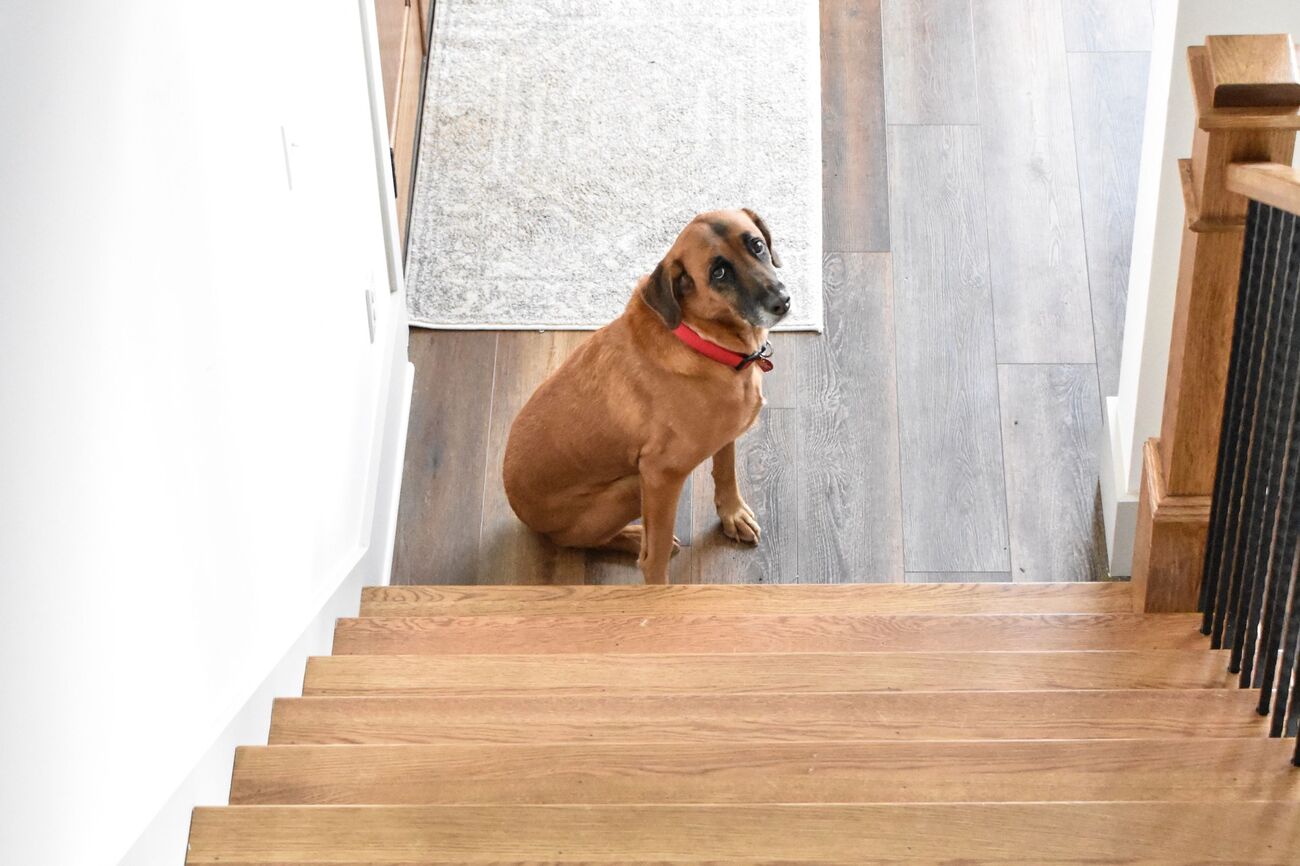Home>Health & Wellness>Nutrition & Diet>How To Get Zinc For Dogs’ Diet
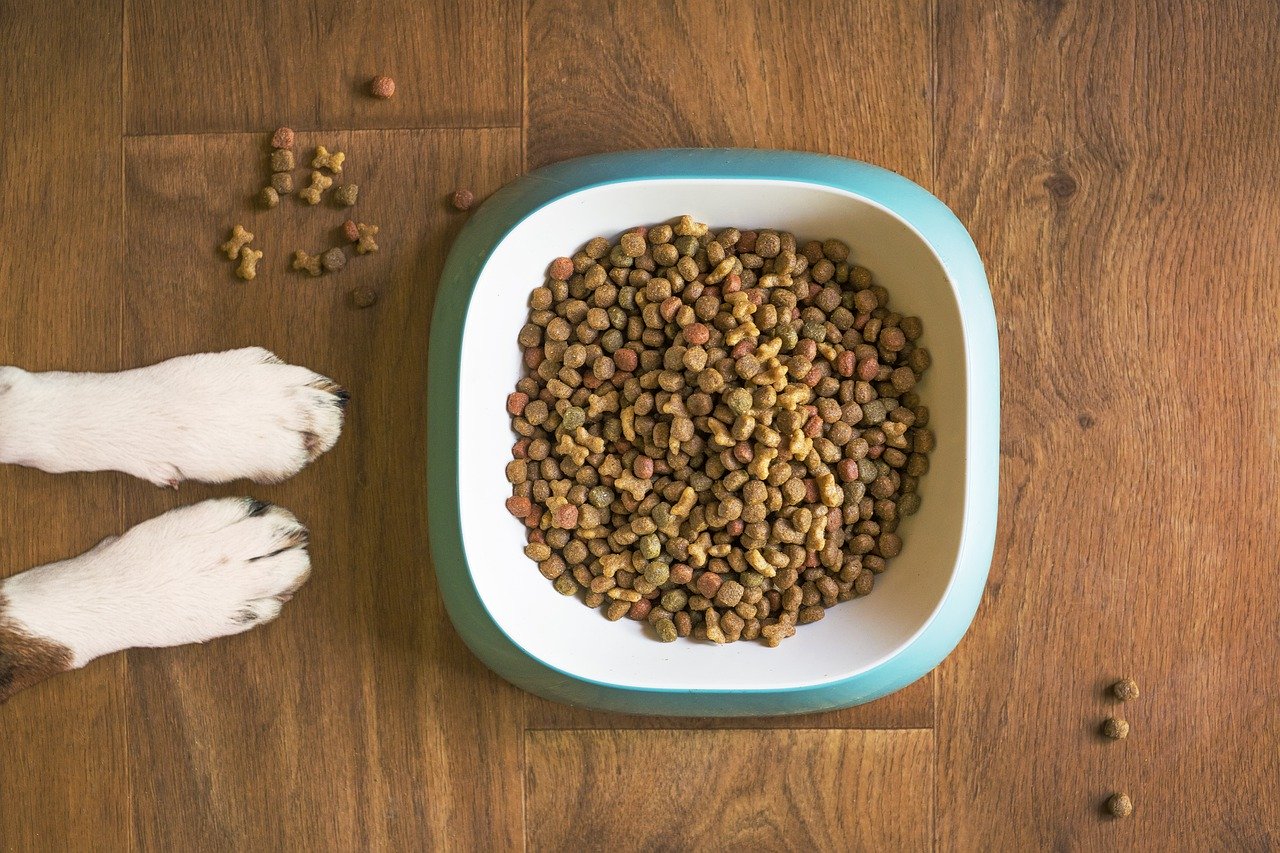

Nutrition & Diet
How To Get Zinc For Dogs’ Diet
Published: January 28, 2024
Learn how to incorporate zinc into your dog's diet for optimal nutrition and health. Discover the best sources of zinc and how to ensure your dog's diet is balanced and healthy.
(Many of the links in this article redirect to a specific reviewed product. Your purchase of these products through affiliate links helps to generate commission for Pawsomeoldies.com, at no extra cost. Learn more)
Table of Contents
Introduction
Zinc is an essential mineral that plays a crucial role in maintaining the overall health and well-being of our canine companions. Just like humans, dogs require adequate levels of zinc in their diet to support various bodily functions, including immune system function, wound healing, and cell division. As responsible pet owners, it's vital to understand the significance of zinc and how to ensure that our furry friends receive the right amount of this vital nutrient.
In this comprehensive guide, we will delve into the importance of zinc in dogs' diet, explore natural sources of zinc, discuss commercial zinc supplements, and provide insights on how to ensure proper zinc intake for dogs. Additionally, we will shed light on the risks associated with zinc deficiency in dogs, empowering pet owners to make informed decisions regarding their canine companions' nutritional needs.
By gaining a deeper understanding of zinc and its role in canine nutrition, pet owners can take proactive steps to safeguard their dogs' health and well-being. Let's embark on this enlightening journey to unravel the significance of zinc in dogs' diet and discover the best ways to ensure optimal zinc intake for our beloved four-legged friends.
Read more: How To Get Omega-3 In A Dog’s Diet
Importance of Zinc in Dogs' Diet
Zinc is an indispensable mineral for dogs, playing a pivotal role in various physiological processes essential for their overall health and well-being. This essential nutrient is involved in numerous enzymatic reactions, contributing to the proper functioning of the immune system, cell division, and wound healing in dogs. Additionally, zinc is crucial for maintaining healthy skin, coat, and nails, making it an integral component of canine nutrition.
One of the primary functions of zinc in a dog's diet is its involvement in supporting the immune system. Adequate zinc levels are essential for the proper functioning of immune cells, helping dogs to fend off infections and diseases more effectively. Furthermore, zinc is a key player in the process of cell division, which is vital for growth, development, and tissue repair in dogs. This mineral also contributes to the synthesis of DNA and RNA, essential for the maintenance and repair of genetic material in canine cells.
In addition to its role in immune function and cell division, zinc is crucial for promoting healthy skin and coat in dogs. It aids in the production of collagen, a protein that provides structural support to the skin and helps in wound healing. Furthermore, zinc is involved in the regulation of sebum production, which is essential for maintaining healthy skin and a lustrous coat in dogs. Insufficient zinc levels can lead to skin problems such as dermatitis, hair loss, and delayed wound healing, highlighting the significance of this mineral in canine nutrition.
Moreover, zinc plays a vital role in supporting the sense of smell and taste in dogs, contributing to their overall sensory experience. This mineral is involved in the function of taste buds and olfactory receptors, enhancing dogs' ability to detect and enjoy different flavors and scents. Additionally, zinc is essential for the proper development and maintenance of the skeletal system in dogs, contributing to bone formation and strength.
In summary, the importance of zinc in a dog's diet cannot be overstated. From supporting immune function and cell division to promoting healthy skin, coat, and sensory experiences, zinc is a multifaceted nutrient that is integral to the overall health and well-being of our canine companions. As responsible pet owners, ensuring that our dogs receive adequate levels of zinc in their diet is essential for safeguarding their health and vitality.
Natural Sources of Zinc for Dogs
When it comes to meeting the zinc requirements of dogs, natural sources offer a plethora of nutrient-rich options that can be seamlessly incorporated into their diet. These natural sources not only provide dogs with essential zinc but also offer a diverse array of nutrients that contribute to their overall health and well-being. Here are some of the top natural sources of zinc for dogs:
1. Meat:
Lean meats such as beef, chicken, and turkey serve as excellent sources of zinc for dogs. These protein-rich options not only provide high-quality protein but also deliver essential minerals, including zinc, to support various physiological functions in dogs.
2. Fish:
Certain types of fish, such as salmon and sardines, are rich in zinc, making them valuable additions to a dog's diet. Fish also offer omega-3 fatty acids, which contribute to healthy skin, coat, and overall cardiovascular health in dogs.
3. Eggs:
Eggs are a nutrient-dense food that provides dogs with a host of essential nutrients, including zinc. Incorporating eggs into a dog's diet can offer a natural source of zinc while delivering high-quality protein and other vital nutrients.
4. Dairy Products:
Dairy products like yogurt and cheese contain zinc and can be included in moderation as part of a balanced diet for dogs. These products also provide calcium and protein, contributing to bone health and overall nutritional balance.
5. Legumes:
Legumes such as lentils, chickpeas, and beans are plant-based sources of zinc that can be included in a dog's diet. These legumes offer a combination of protein, fiber, and essential minerals, making them valuable additions to support overall canine health.
6. Pumpkin Seeds:
Pumpkin seeds are a natural source of zinc and can be offered as a nutritious snack for dogs. These seeds also provide fiber and healthy fats, contributing to digestive health and overall well-being.
Read more: How To Supplement Taurine In A Dog’s Diet
7. Whole Grains:
Whole grains like brown rice and quinoa contain zinc and can be included in a dog's diet to provide energy and essential nutrients. When incorporated in moderation, whole grains offer a balanced source of carbohydrates, protein, and minerals for dogs.
By incorporating these natural sources of zinc into a dog's diet, pet owners can ensure that their canine companions receive adequate levels of this essential mineral to support immune function, skin health, and overall well-being. It's important to maintain a balanced and varied diet for dogs, incorporating a combination of natural sources to provide a spectrum of nutrients essential for their health.
Commercial Zinc Supplements for Dogs
Commercial zinc supplements for dogs offer a convenient way to ensure that our canine companions receive adequate levels of this essential mineral in their diet. These supplements are specifically formulated to provide a concentrated source of zinc, allowing pet owners to address potential deficiencies or meet increased zinc requirements in certain situations. It's important to note that while natural sources of zinc should be prioritized in a dog's diet, commercial supplements can serve as a valuable addition when recommended by a veterinarian.
When considering commercial zinc supplements for dogs, it's crucial to consult with a veterinarian to determine the appropriate dosage and form of supplementation. Veterinarians can assess a dog's individual needs and recommend the most suitable supplement based on factors such as age, breed, overall health, and any existing medical conditions. Additionally, they can provide guidance on the potential risks and benefits associated with zinc supplementation, ensuring the well-being of the canine companion.
Commercial zinc supplements for dogs are available in various forms, including chelated zinc, zinc sulfate, and zinc oxide. Chelated zinc is a form where zinc is bound to amino acids, enhancing its absorption and bioavailability. Zinc sulfate and zinc oxide are commonly used forms in commercial dog supplements, offering a concentrated source of zinc to support overall health and well-being.
It's important for pet owners to select high-quality supplements from reputable manufacturers to ensure the safety and efficacy of the product. Reading product labels, understanding the ingredients, and verifying the product's compliance with regulatory standards are essential steps in choosing the right commercial zinc supplement for dogs. Additionally, pet owners should follow the recommended dosage provided by the veterinarian and monitor their dog's response to supplementation.
In certain cases, such as zinc deficiency or specific health conditions, veterinarians may recommend targeted zinc supplementation to address the dog's unique needs. However, it's crucial to avoid over-supplementation, as excessive zinc intake can lead to adverse effects and disrupt the overall nutritional balance. Therefore, responsible and informed use of commercial zinc supplements, under the guidance of a veterinarian, is paramount to ensuring the optimal health and well-being of dogs.
In summary, commercial zinc supplements for dogs can play a supportive role in meeting their zinc requirements, especially in cases where natural dietary sources may be insufficient. However, the decision to use commercial supplements should be made in consultation with a veterinarian to ensure that the supplementation aligns with the dog's specific nutritional needs and overall health status. By approaching zinc supplementation responsibly and with professional guidance, pet owners can contribute to the holistic care and nutritional support of their beloved canine companions.
How to Ensure Proper Zinc Intake for Dogs
Ensuring proper zinc intake for dogs is essential for supporting their overall health and well-being. Here are several practical strategies to help pet owners maintain optimal zinc levels in their canine companions' diet:
-
Balanced Diet: Providing a balanced and varied diet is fundamental to meeting a dog's nutritional needs, including zinc. Incorporating natural sources of zinc such as lean meats, fish, eggs, and legumes into their meals can contribute to fulfilling their zinc requirements. Additionally, offering a diverse range of nutrient-rich foods ensures that dogs receive a spectrum of essential nutrients to support their overall health.
-
Consultation with Veterinarian: Seeking guidance from a veterinarian is crucial in determining the appropriate dietary plan for a dog's zinc intake. Veterinarians can assess the dog's individual nutritional requirements, address any specific health concerns, and provide tailored recommendations to ensure adequate zinc levels in their diet.
-
Regular Health Check-ups: Scheduling regular health check-ups for dogs allows veterinarians to monitor their overall health and nutritional status. During these check-ups, veterinarians can evaluate the dog's dietary intake, identify any potential deficiencies, and make necessary adjustments to optimize their zinc intake.
-
Avoiding Over-Supplementation: While zinc supplementation can be beneficial in certain cases, it's important to avoid over-supplementation, as excessive zinc intake can lead to adverse effects. Following the recommended dosage and seeking professional advice before introducing any supplements is essential to prevent imbalances in a dog's diet.
-
Quality Commercial Diets: Choosing high-quality commercial dog diets that are formulated to meet essential nutrient requirements, including zinc, can be a convenient way to ensure proper zinc intake. Selecting reputable brands and carefully examining the nutritional content of commercial diets can contribute to fulfilling a dog's zinc needs.
-
Monitoring for Signs of Deficiency: Being attentive to signs of zinc deficiency in dogs, such as skin problems, decreased appetite, and impaired wound healing, is crucial. Recognizing these signs early on can prompt timely intervention and adjustments to the dog's diet to address potential deficiencies.
By implementing these strategies, pet owners can take proactive steps to ensure that their canine companions receive adequate levels of zinc in their diet, supporting their immune function, skin health, and overall well-being. Prioritizing a balanced diet, seeking professional guidance, and being vigilant about their dog's nutritional status are key elements in safeguarding optimal zinc intake for dogs.
Risks of Zinc Deficiency in Dogs
Zinc deficiency in dogs can lead to a spectrum of health issues that can significantly impact their well-being. Understanding the risks associated with zinc deficiency is crucial for pet owners to recognize the importance of maintaining optimal zinc levels in their canine companions' diet.
One of the primary risks of zinc deficiency in dogs is the potential impact on their immune function. Adequate zinc levels are essential for supporting a robust immune system, enabling dogs to effectively combat infections and diseases. Zinc plays a pivotal role in the development and function of immune cells, and a deficiency can compromise the dog's ability to ward off pathogens, making them more susceptible to illnesses.
Furthermore, zinc deficiency can manifest in dermatological problems, affecting the skin and coat health of dogs. Skin issues such as dermatitis, hair loss, and the development of crusty lesions can arise due to insufficient zinc levels. These dermatological manifestations can cause discomfort and distress to the affected dogs, impacting their quality of life and overall well-being.
In addition to skin problems, zinc deficiency can impair wound healing in dogs. Zinc is crucial for the synthesis of collagen, an essential protein for tissue repair. A deficiency in zinc can lead to delayed wound healing, leaving dogs vulnerable to prolonged discomfort and potential complications from unresolved injuries.
Moreover, zinc deficiency can impact the sensory experiences of dogs, affecting their sense of taste and smell. This can lead to a decreased appetite and diminished interest in food, potentially resulting in nutritional imbalances and further exacerbating the effects of zinc deficiency.
Furthermore, skeletal abnormalities and growth retardation can occur in puppies with zinc deficiency, affecting their overall development and musculoskeletal health. This underscores the critical role of zinc in supporting the proper growth and skeletal formation in young dogs.
Recognizing these risks highlights the significance of maintaining adequate zinc levels in a dog's diet. By prioritizing zinc-rich natural sources and, when necessary, incorporating high-quality commercial diets or supplements under veterinary guidance, pet owners can mitigate the risks of zinc deficiency and promote the optimal health and well-being of their beloved canine companions.
Read more: How Much To Feed A Dog On A Diet
Conclusion
In conclusion, ensuring proper zinc intake is paramount for supporting the overall health and well-being of our canine companions. The significance of zinc in a dog's diet cannot be overstated, as this essential mineral plays a multifaceted role in immune function, skin health, sensory experiences, and overall physiological processes. By prioritizing natural sources of zinc such as lean meats, fish, eggs, and legumes, pet owners can provide their dogs with a diverse array of essential nutrients while fulfilling their zinc requirements.
Additionally, the responsible use of high-quality commercial diets and supplements, under the guidance of a veterinarian, can serve as valuable tools in addressing potential zinc deficiencies or meeting increased zinc needs in specific situations. It's essential for pet owners to approach zinc supplementation with caution, avoiding over-supplementation and seeking professional advice to ensure that the dog's nutritional balance is maintained.
By implementing practical strategies such as maintaining a balanced diet, seeking veterinary consultation, and monitoring for signs of deficiency, pet owners can take proactive steps to safeguard optimal zinc intake for their dogs. This proactive approach not only supports immune function, skin health, and sensory experiences but also mitigates the risks associated with zinc deficiency, including dermatological issues, impaired wound healing, and compromised immune response.
Ultimately, the well-being of our beloved canine companions hinges on the holistic care and attention we provide, including their nutritional needs. By recognizing the importance of zinc in a dog's diet and taking informed steps to ensure proper intake, pet owners can contribute to the vitality and longevity of their dogs, fostering a life of health and happiness for their cherished four-legged friends.
